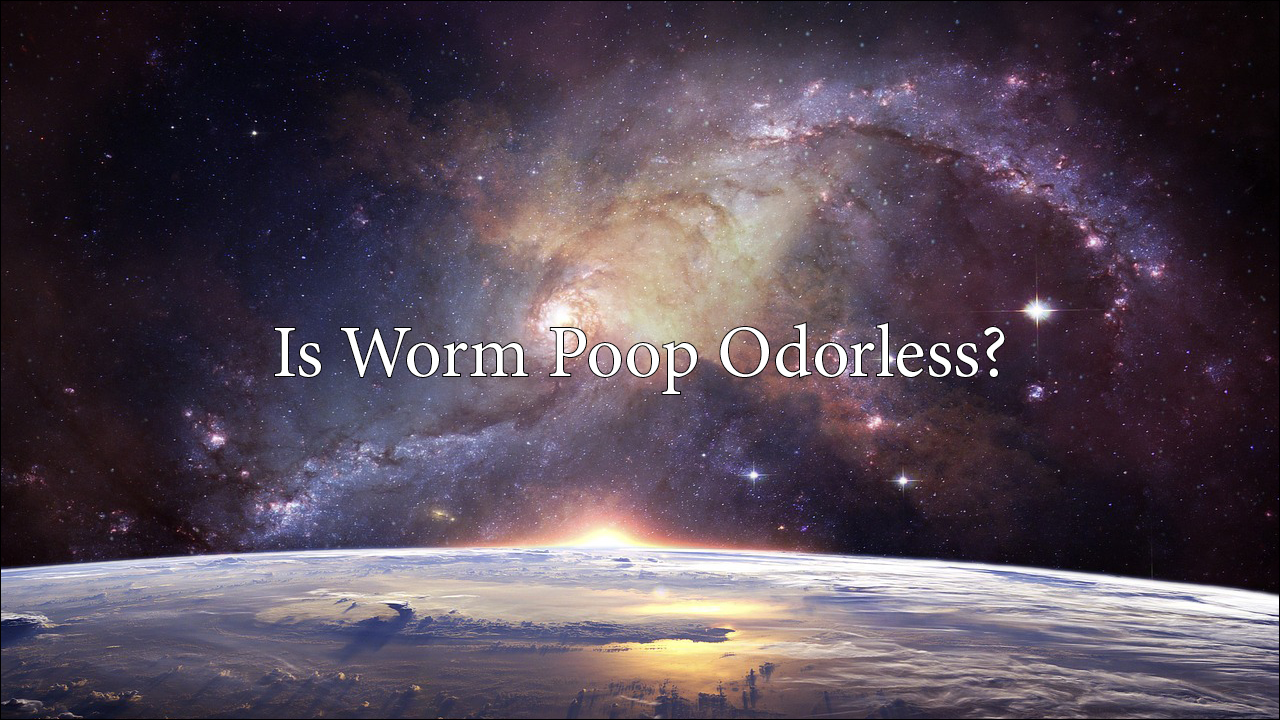
When it comes to sustainable waste management and organic gardening, vermicomposting stands out as an eco-friendly solution that transforms kitchen scraps and organic matter into nutrient-rich soil amendments. Central to this process are the diligent workers – earthworms. These small creatures munch through organic waste and excrete what is commonly referred to as “worm poop,” also known as vermicast or worm castings. While the benefits of worm castings for soil health and plant growth are well-established, a question often lingers: Is worm poop odorless? In this article, we delve into the scientific details to answer this intriguing query.
Unraveling the Scent of Worm Poop: Fact or Fiction?
Worm poop, scientifically termed “vermicast,” is renowned for its exceptional fertilizing properties and the profound positive impact it has on soil structure. Gardeners and enthusiasts of sustainable practices swear by its ability to improve water retention, nutrient availability, and overall plant growth. However, the notion of worm castings being odorless remains a topic of curiosity. To address this, we must consider the intricacies of the vermicomposting process.
The Verdict: Mostly Odorless
In general, worm poop, or vermicast, is indeed odorless or nearly so. The decomposition that occurs within a well-maintained vermicomposting system is aerobic in nature, meaning it takes place in the presence of oxygen. This aerobic decomposition minimizes the production of foul-smelling compounds commonly associated with anaerobic decomposition, such as those found in traditional composting.
The Science Behind the Lack of Odor
The relatively odorless nature of worm castings can be attributed to the following factors:
- Aerobic Decomposition: As mentioned earlier, vermicomposting is an aerobic process, allowing for the breakdown of organic matter without the production of offensive-smelling anaerobic byproducts like methane and hydrogen sulfide.
- Microbial Balance: Earthworms introduce a diverse population of beneficial microorganisms into the composting environment. These microorganisms aid in breaking down the organic matter efficiently and without generating pungent odors.
- pH Regulation: Vermicast tends to have a nearly neutral pH, which further contributes to odor reduction. Unpleasant odors often arise from extreme pH levels that encourage the growth of odor-causing bacteria.

Frequently Asked Questions (FAQs)
Q1: Can worm castings ever produce odor?
A1: While properly maintained vermicompost systems typically do not emit odors, certain conditions like overfeeding, poor aeration, or excessive moisture can lead to the growth of anaerobic bacteria, resulting in a mild odor. However, these instances are rare and easily avoidable with proper care.
Q2: Is there a difference in odor between vermicast and traditional compost?
A2: Yes, there is a notable difference. Traditional composting, especially if not managed correctly, can emit stronger odors due to the prevalence of anaerobic decomposition. Vermicast, on the other hand, is generally less odorous due to the aerobic decomposition process facilitated by earthworms.
Q3: Are there any benefits to the potential mild odor of worm castings?
A3: The mild, earthy aroma that might arise from worm castings is often considered a positive attribute, reminiscent of healthy, vibrant soil. This scent can indicate the presence of beneficial microorganisms and nutrient-rich organic matter, further enhancing the appeal of using vermicast in gardening.
In the realm of sustainable gardening and waste management, worm poop, or vermicast, reigns supreme as a valuable resource. While the term “worm poop” might evoke thoughts of unpleasant odors, the truth is quite the opposite. When maintained correctly, vermicomposting systems produce near-odorless worm castings that enrich soil and foster plant growth. The science behind the lack of odor lies in aerobic decomposition, microbial balance, and pH regulation. So, for those seeking a natural and virtually scent-free method to enhance their gardens, vermicomposting and the resulting worm castings offer an ideal solution.
Now that you know the incredible benefits of worm poop, it’s time to enrich your soil and garden.